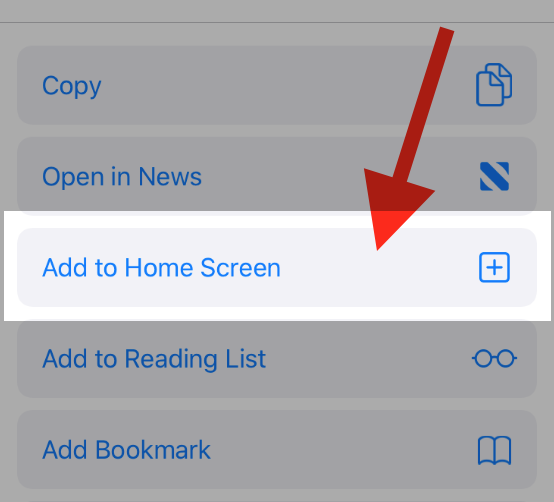Online Courses - Empowering Digital Education
The digital age has revolutionized many aspects of our lives, and education is no exception. The creation of online courses has emerged as a transformative approach to learning, offering unprecedented accessibility and flexibility. This article delves into the significance, evolution, contemporary landscape, expert insights, and future prospects of online courses, providing a well-rounded understanding of their impact on education.
The concept of distance learning predates the internet, with correspondence courses in the 19th century allowing students to study remotely. However, the advent of the internet in the late 20th century catalyzed a significant transformation. Early online courses were rudimentary, often replicating traditional classroom models on digital platforms. The launch of the Massachusetts Institute of Technology's Open Courseware in 2001 marked a pivotal moment, making high-quality educational resources freely accessible online.
The rise of Web 2.0 technologies enabled more interactive and engaging online learning experiences. Platforms like Moodle, launched in 2002, provided tools for creating comprehensive online courses. Massive Open Online Courses (MOOCs) gained popularity with platforms such as Coursera, edX, and Udacity in the early 2010s, enabling access to education on a global scale.
Current Trends
 1. Personalized Learning: AI and machine learning algorithms tailor educational content to individual learners' needs, enhancing engagement and outcomes.
1. Personalized Learning: AI and machine learning algorithms tailor educational content to individual learners' needs, enhancing engagement and outcomes.
2. Microlearning: Bite-sized, focused learning modules cater to the fast-paced lives of modern learners, making knowledge acquisition more manageable.
3. Gamification: The incorporation of game design elements into online courses improves motivation and retention rates.
4. Hybrid Learning: Blending online and face-to-face instruction, hybrid models offer the best of both worlds, catering to diverse learning preferences.
Challenges
1. Digital Divide: Unequal access to technology and internet connectivity poses a significant barrier, particularly in underserved regions.
2. Quality Assurance: Ensuring the credibility and academic rigor of online courses remains a challenge for both providers and learners.
3. Engagement: Maintaining student attention and motivation in a virtual environment requires innovative and engaging instructional design.
Opportunities
1. Lifelong Learning: Online courses facilitate continuous education, enabling professionals to upskill and reskill in a rapidly changing job market.
2. Global Reach: The internet transcends geographical boundaries, allowing educators to reach a global audience and learners to access diverse perspectives.
3. Cost-Effectiveness: Online courses often eliminate the need for physical infrastructure, reducing costs for both providers and learners.
 Expert Insights and Opinions
Expert Insights and Opinions
Dr. Anant Agarwal, CEO of edX, emphasizes the transformative potential of online courses: "Online education has the power to democratize learning, providing high-quality education to anyone, anywhere in the world."
Sal Khan, founder of Khan Academy, highlights the significance of personalized learning: "With technology, we can create a personalized learning experience for every student, adapting to their pace and style of learning."
John White, founder of WOWE Factor Academy, signifies the monetization of online courses: Thanks to the rise of the online learning industry, it has opened up countless opportunities for individuals to showcase their knowledge, talents and hobbies to a wider audience, and even turn them into profitable ventures.
Data-Driven Analysis and Statistics
Recent statistics underscore the growing influence of online education:
- According to the Online Learning Consortium, nearly 30% of higher education students in the U.S. are enrolled in at least one online course.
- A report by Global Market Insights predicts the e-learning market will surpass $375 billion by 2026, driven by increasing demand for flexible and accessible education options.
- Research from the National Bureau of Economic Research indicates that online courses can be as effective as traditional classroom instruction, provided they are well-designed and implemented.
Potential Future Developments and Innovations
 The future of online courses is poised for exciting developments:
The future of online courses is poised for exciting developments:
1. Virtual Reality (VR) and Augmented Reality (AR): Immersive technologies will create experiential learning environments, particularly beneficial for subjects requiring practical experience.
2. Blockchain for Credentialing: Blockchain technology could revolutionize the way educational credentials are issued and verified, ensuring transparency and security.
3. AI-Powered Tutors: Advanced AI systems could provide real-time, personalized tutoring to students, enhancing the learning experience through instant feedback and support.
4. Increased Collaboration Tools: Enhanced collaboration platforms will facilitate more interactive and engaging group work, even in remote settings.
In conclusion, the creation of online courses represents a pivotal shift in the educational landscape, providing unparalleled accessibility, flexibility, and opportunities for lifelong learning. While challenges such as the digital divide and quality assurance persist, the potential for personalized, globally accessible education is immense. As technology continues to evolve, the future holds exciting possibilities for further innovation in online learning, transforming the way we acquire and share knowledge.
Heading
To add this web app to your homescreen, click on the "Share" icon
![]()
Then click on "Add to Home"

To add this web app to your homescreen, click on the "Share" icon
![]()
Then click on "Add to Home"

It looks like your browser doesn't natively support "Add To Homescreen", or you have disabled it (or maybe you have already added this web app to your applications?)
In any case, please check your browser options and information, thanks!
It looks like your browser doesn't natively support "Add To Homescreen", or you have disabled it (or maybe you have already added this web app to your applications?)
In any case, please check your browser options and information, thanks!

What do you think about online courses? Leave a comment.